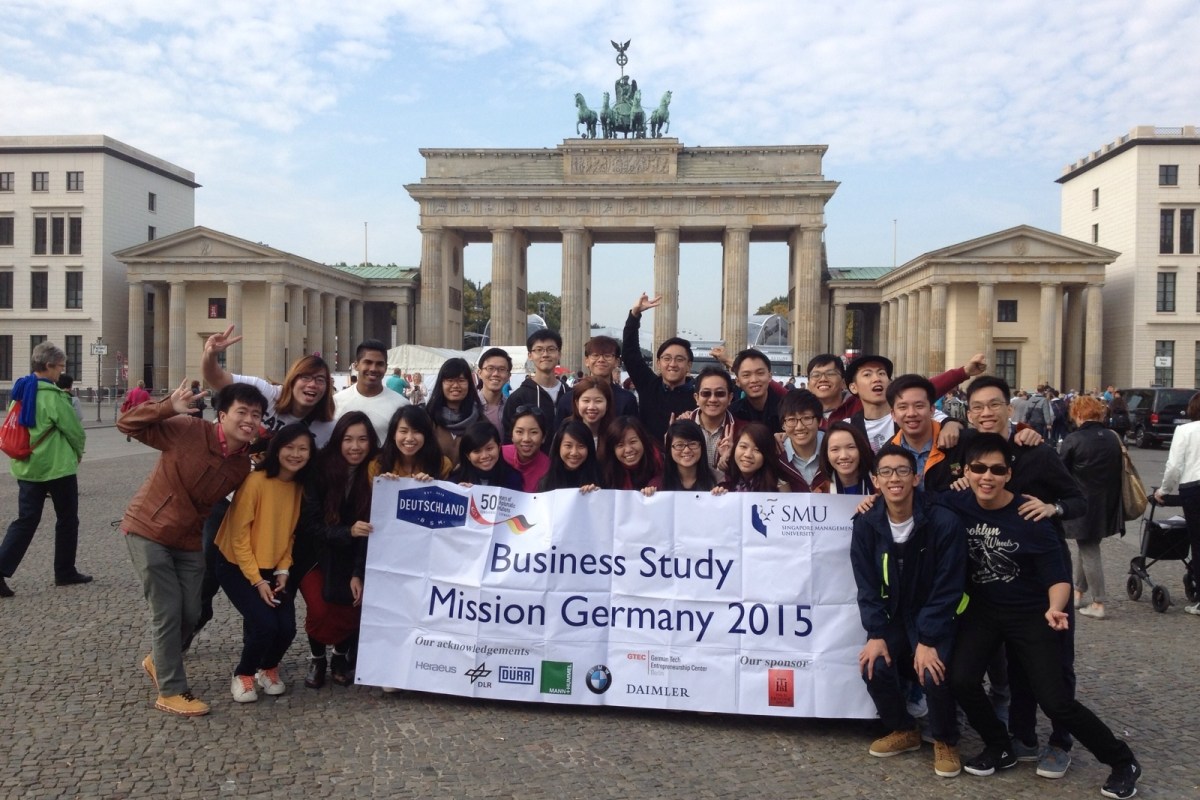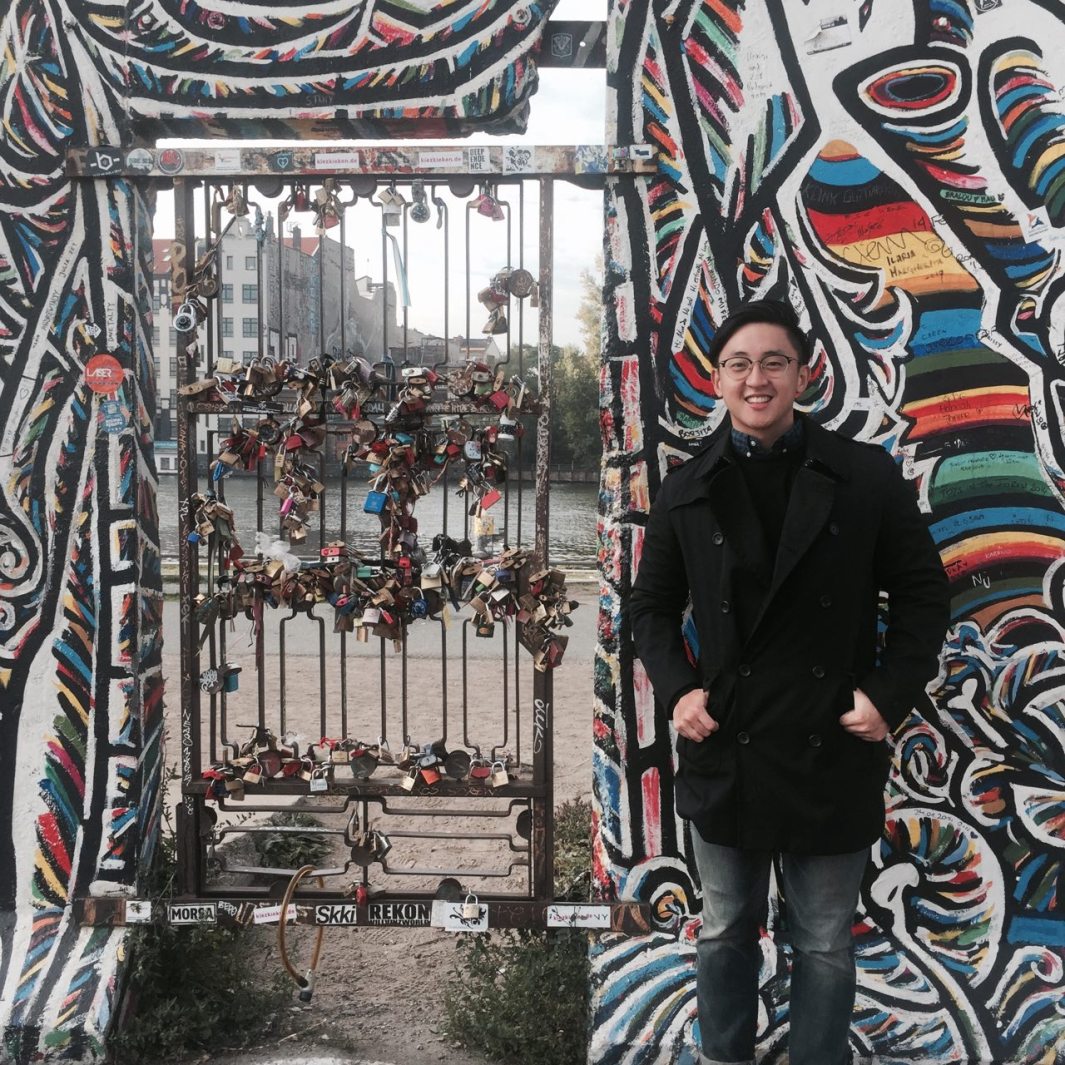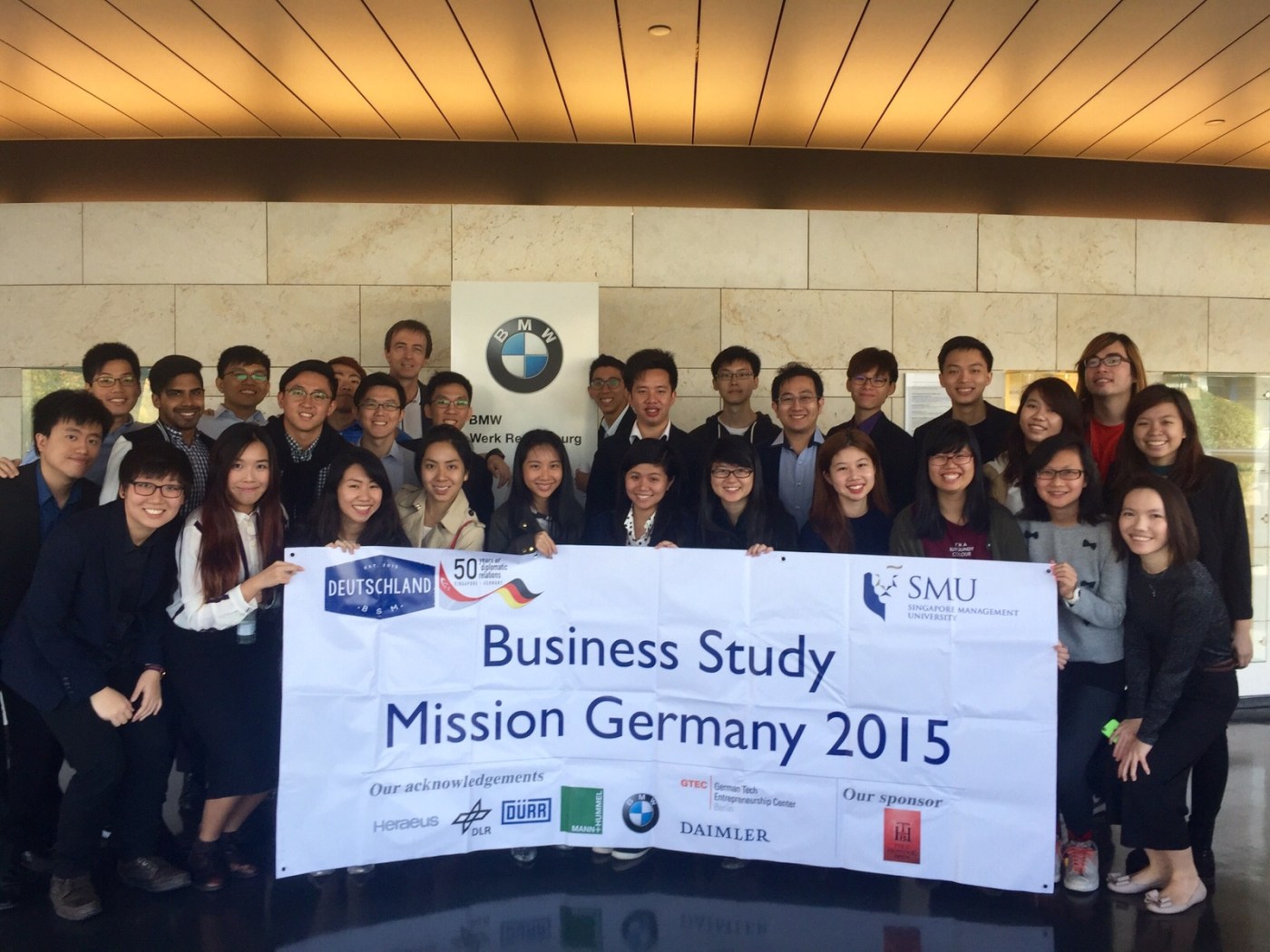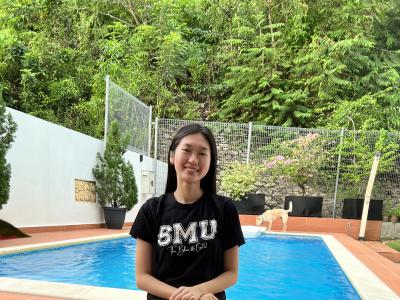

“Innovation is Everyone’s Job” – This statement by one of our hosts at Mann+Hummel, a globally operating GermanMittelstand firm in Ludwigsburg near Stuttgart certainly impressed me. This innovative firm manufactures air filter systems, liquid filter systems, membrane filters for water filtration and so forth for the international automotive and mechanical engineering industries. In 2014, it had a total sales revenue of about EUR 2.8 billion.
Our Business Study Mission (BSM) Germany in October 2015 spanned 11 days, covering various German Bundeslaendersuch as Hessen, North Rhine-Westphalia, Berlin, Baden-Württemberg and Bavaria with corporate visits in Hanau, Berlin, Stuttgart, Regensburg and Munich. One of the key takeaways from this BSM was the importance of well-executed market-driven, strategic innovation management based on smartly designed innovation systems and effective communication via special fora, roundtables, review meetings and so on. Every company representative, presenter, and worker we met all seemed to exude this very positive mind-set towards making innovation work—perhaps because they all have a stake in the outcome. This capability seems to be a central enabling factor behind Germany’s thirst for development and innovation.
Innovate to Ensure the Sustainability of Customers
The visit to Heraeus Holding GmbH—a global engineering group headquartered in Hanau near Frankfurt with over 12,000 employees worldwide in more than 100 subsidiaries operating in 38 countries—helped us to understand the importance of developing a cross-functional culture of innovation and the continuous need to innovate, such as in the field of 3D printing, so as to create new business opportunities in close cooperation with customers (its “3D start-up” creates high-strength components for thrusters on navigation satellites made of precious metal powder).
The visionary customer-centric practicality of German Mittelstand firms and their ability to create sustainable value through R&D was also obvious during a visit of Dürr AG, one of the world’s leading mechanical and plant engineering firms. Its “Eco+Paintshop”, for example, helps customers in the global automotive industry to optimise energy utilisation with better environmental compatibility, paint cost savings and lower unit costs. It is this authentic, value-added customer orientation which is one of the hallmarks of the German innovation model and which drives the motivation and strategic goals of Germany’s Mittelstand firms for the benefit of their stakeholders.

Visiting the BMW Office
This impression was further endorsed during a visit of the Mercedes-Benz Training Centre in Esslingen-Brühl (near Stuttgart) with its “dual” training and higher education approach. In Germany, there is a close integration of both companies and educational institutions in teaching and training which enables apprentices to acquire key competencies and to apply them within their companies. By capturing young talent, firms play a fundamental role in developing human resources for innovative economic clusters such as the automotive industry; and that in turn contributes to a culture of lifelong learning, the well-being of the community and a vibrant economy. I was deeply impressed when one of the apprentices we spoke to at Daimler said that he would gladly do this job for life. A tour of the hi-tech BMW factory in Regensburg (Bavaria) where robots work side by side with auto workers and BMW’s new Research and Technology House in Garching (near Munich) confirmed the attractiveness of such so-called ‘employers of choice’ for the best talents.
A deep cultural acceptance of ‘skilled blue-collar work’ has made technical vocations and engineering revered jobs in Germany; thus, weaving technological know why/how, relentless innovation and sustainability into corporate visions and the strategic outlook of an entire nation. It is a model that we ought to scrutinise and learn from in order to facilitate Singapore’s transition into a fully, sustainable knowledge-based economy.
To learn more about Business Study Missions and other global exposure opportunities at SMU, please visit click here.



